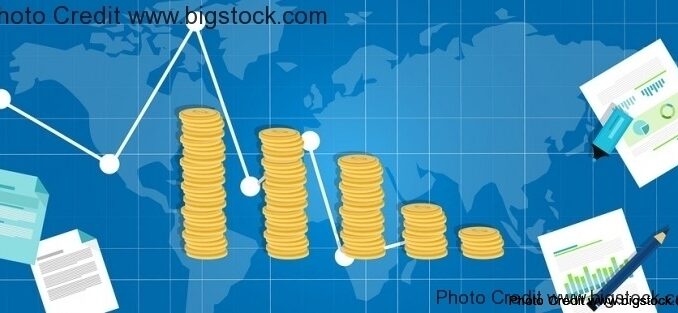
What can you do with your degree in economics? Unlike plenty of other recent grads, there is, surprisingly, probably work for you out in the real world.
Check out our list of career options for economics majors, both in government and in the private sector, below.
Government
- Research Assistant: An economic research assistant is responsible for researching, collecting, and compiling information as well as maintaining databases.
- Economic Development Specialist: Economic development specialists are tasked with sparking and studying potential sources for economic development on a state, local, and national level. Development specialists will also often work to insure that a locale is attractive to businesses.
- Budget Analyst: A budget analyst works with a team to help develop and hone a company or organizations budget and related concerns.
- Loan Specialist: Whether working for the government or a bank, loan specialists prepare and facilitate the processing of loans.
- GAO Evaluator: An economist working at the Government Accountability Office can expect to conduct general auditing duties for Congress.
Private Sector
- Market Research Analyst: A market research analyst digs into a company’s data to learn more about who their clients are and what they want. Most importantly, a market research analyst also thinks about how much a product or service is worth, or at least how much a customer is willing to pay.
- Economic Consultant: An economic consultant is a fancy way of describing a working economist. Either way, a consultant will research and analyze data to explain, report, and forecast economic trends.
- Compensation & Benefits Manager: A compensation and benefits manager (or specialist) usually works within the human resources department researches and analyzes how much a company or organization should be paying its employees.
- Actuary: Actuaries use complex analysis to asses economic risk and uncertainty in the insurance industry.
- Credit Analyst: A credit analyst digests financial information about a company or person to weigh the risks of a bank extending a loan or line of credit.
- Financial Analyst: Financial analysts plan and forecast financial futures for individuals and corporations.
- Business Reporter/Journalist: Journalists working in the economic sector often need some extra chops when it comes to money, and recent economic grads are one of the best resources for employers in this field for that reason.
- Accounting: It might not be the sexiest job around, but accountants are constantly in-demand. At the most basic level, accountants prepare and investigate financial records for companies and individuals alike.
- Field Marketing: Even though it’s a marketing job, field marketing involves a good deal of economic know-how. Field marketers help promote their brands (or organizations/campaigns) via face-to-face interaction.
- Professor: Just like in any other career path, you can always teach.
Read more about what it takes to be a financial analyst here.
